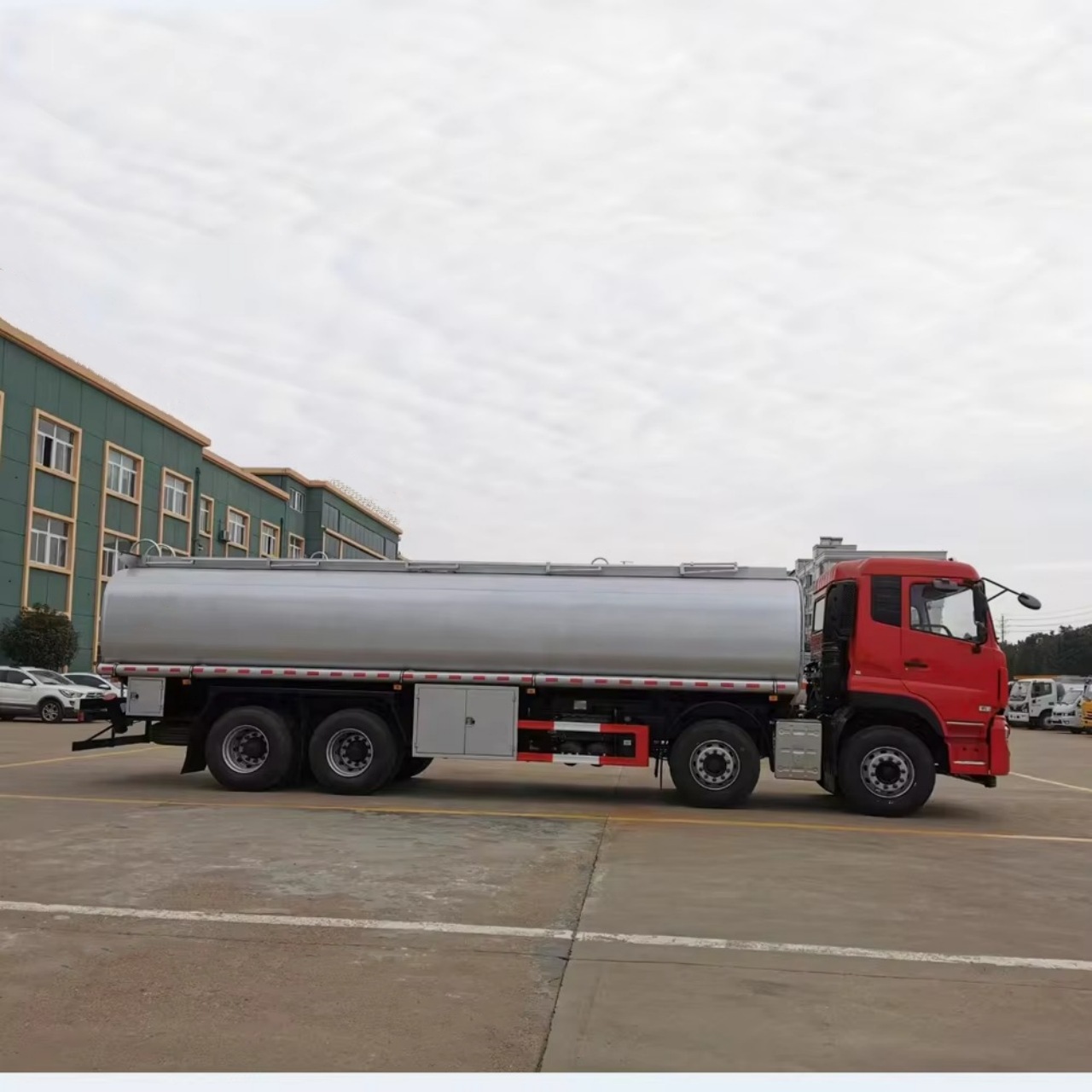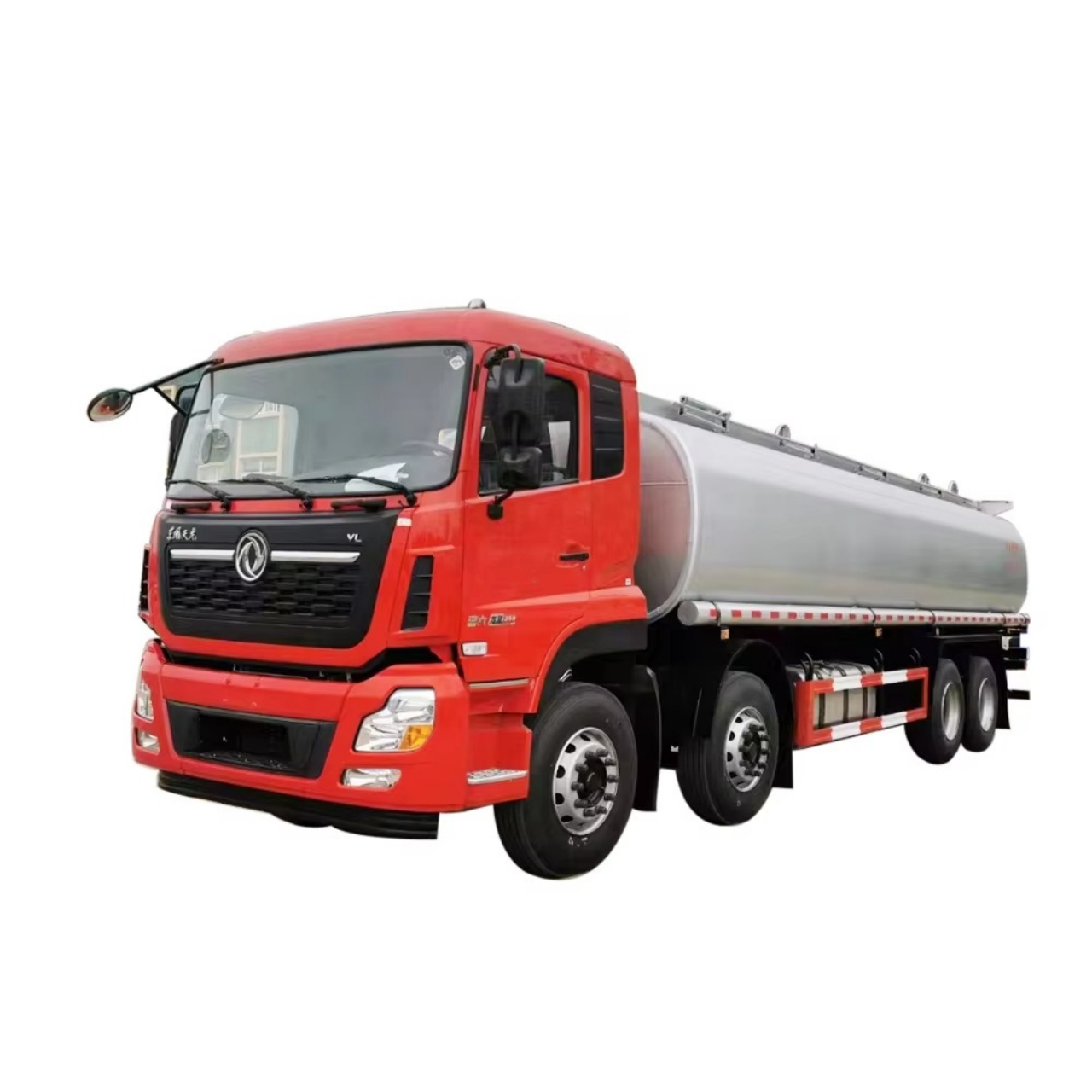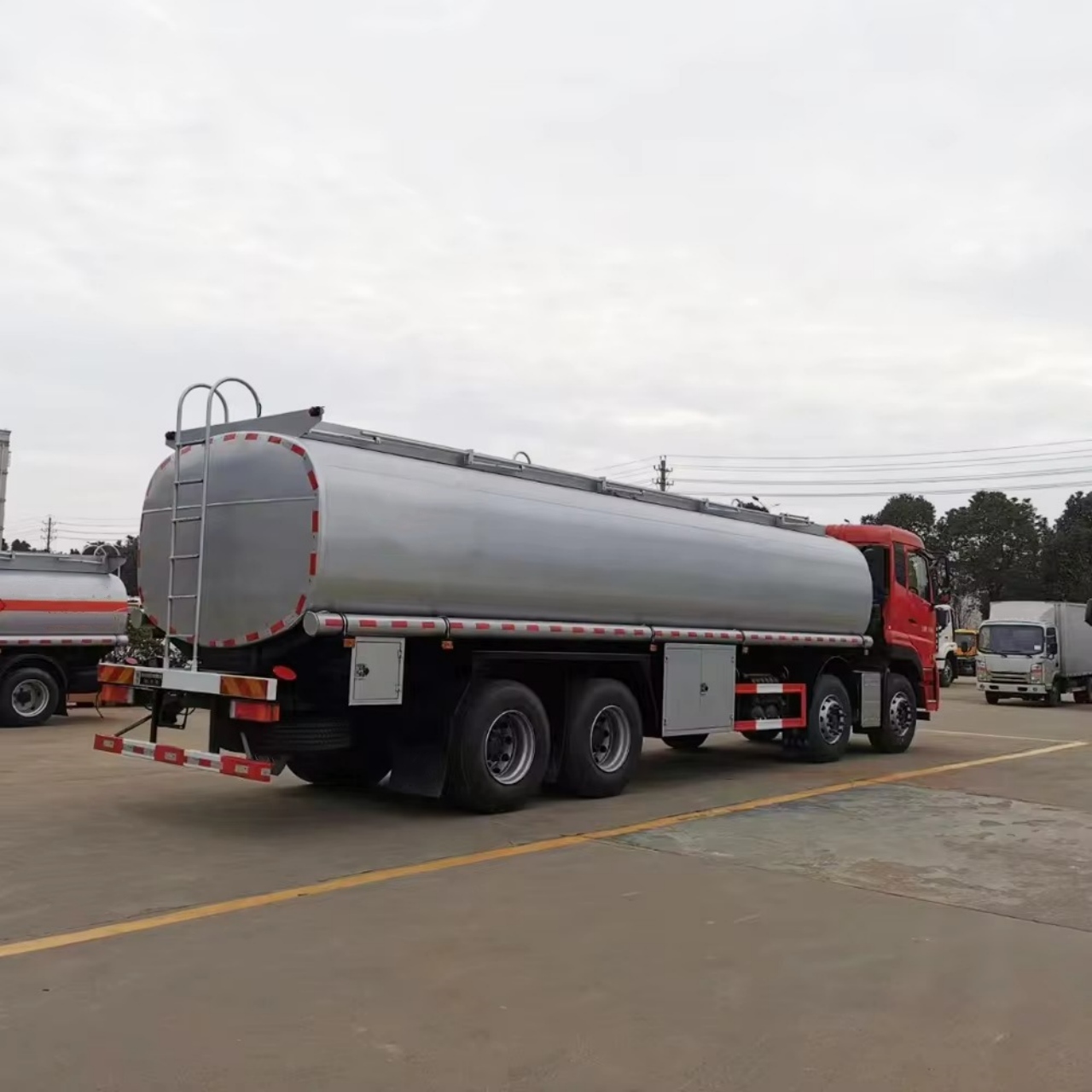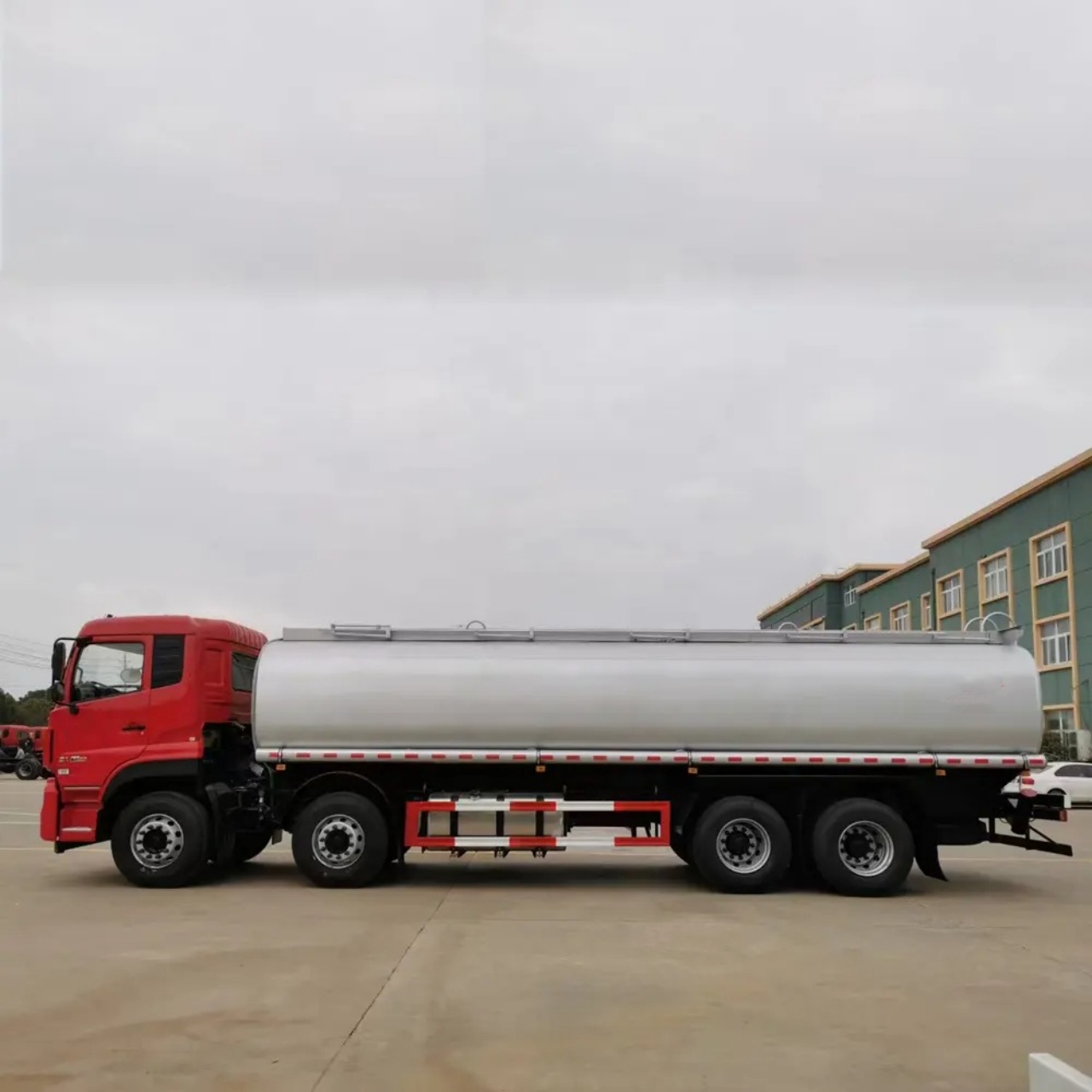Chemical tanker trucks are pivotal in transporting various hazardous and non-hazardous liquids across vast distances. These specialized vehicles are designed with robust features to ensure the safe delivery of chemicals essential to agriculture and manufacturing industries. Central to their operation is their capacity, a critical factor that determines their efficiency and suitability for different transport needs.
Understanding Chemical Tanker Trucks
Chemical tanker trucks are purpose-built to handle a wide array of chemicals, including corrosive substances, flammable liquids, and industrial solvents. Their design incorporates materials resistant to chemical corrosion and stringent safety features to mitigate risks associated with transporting hazardous materials.

Capacity Specifications
The capacity of a chemical tanker truck varies significantly based on several factors:
- Tank Size and Configuration: The primary determinant of a tanker truck’s capacity is the size and configuration of its tanks. Tanks can range from several hundred to several thousand gallons, depending on the specific requirements of the chemicals being transported.
- Type of Chemical: Different chemicals have varying density and volume requirements. For example, transporting lighter chemicals may require larger volumes to meet weight restrictions, whereas denser chemicals may require smaller volumes due to weight limits.
- Legal and Safety Regulations: Capacity is also influenced by legal and safety regulations governing the transport of hazardous materials. These regulations set limits on the maximum volume of chemicals that can be transported in a single trip, taking into account factors such as road safety, environmental protection, and emergency response preparedness.
Typical Capacities
- Small to Medium-Sized Tanks: Some chemical tanker trucks are equipped with smaller tanks ranging from 1,000 to 5,000 gallons. These trucks are often used for localized transport or for chemicals that are needed in smaller quantities.
- Large Capacity Tanks: For industrial-scale transport, chemical tanker trucks can feature tanks with capacities exceeding 10,000 gallons. These trucks are employed for bulk transport of chemicals over long distances, catering to industries requiring large volumes of raw materials or finished products.

Operational Considerations
- Loading and Unloading: The capacity of a chemical tanker truck impacts the loading and unloading processes. Trucks with larger capacities may require specialized loading and unloading facilities equipped with pumps, hoses, and safety mechanisms to handle high volumes efficiently.
- Route Planning: Transporting chemicals involves meticulous route planning to comply with regulatory restrictions and ensure the safety of populated areas, water bodies, and sensitive environments along the route.
- Maintenance and Inspection: Regular maintenance and inspection are crucial to ensure the integrity of tanker trucks and the safety of their cargo. Tanks must be inspected for leaks, corrosion, and structural integrity to prevent accidents and environmental contamination.
Safety and Environmental Concerns
Chemical tanker trucks adhere to strict safety protocols to prevent leaks, spills, and accidents during transport. Safety features such as emergency shutoff valves, spill containment systems, and pressure relief devices are standard to mitigate risks and protect both the environment and personnel involved in transport operations.

Future Trends
As technology advances, chemical tanker trucks are likely to incorporate more sophisticated materials and automation to enhance efficiency and safety. Innovations in tank design, including lightweight materials and advanced corrosion-resistant coatings, will contribute to increased payload capacity while maintaining compliance with regulatory standards.
Conclusion
The capacity of a chemical tanker truck is a pivotal factor in determining its operational effectiveness and suitability for transporting hazardous chemicals. From small-scale local deliveries to large-scale industrial transport, these specialized vehicles play a crucial role in supporting diverse industries while adhering to stringent safety and environmental regulations. As technology and regulatory standards evolve, the future promises continued advancements in capacity, safety, and efficiency, ensuring the reliable and secure transport of chemicals essential to global commerce and industry.


